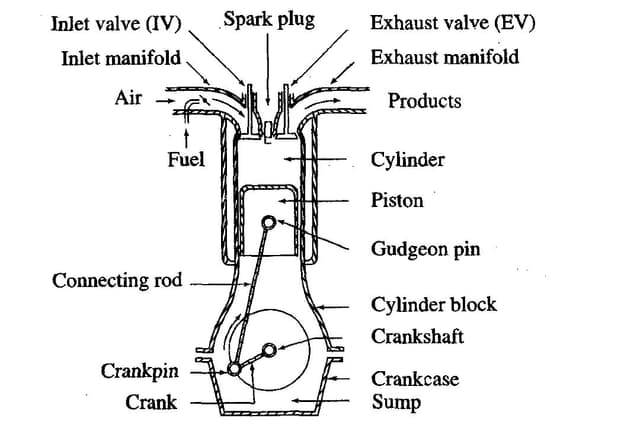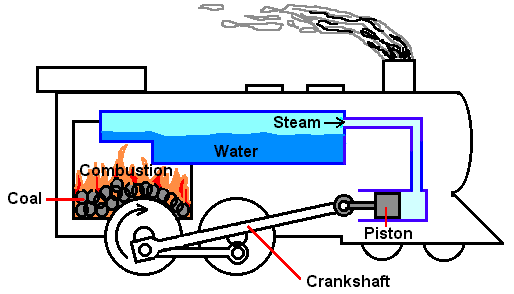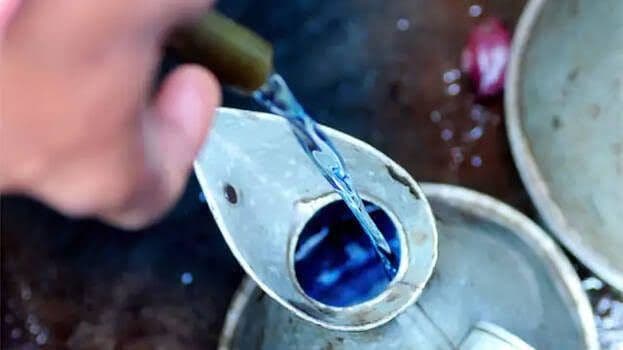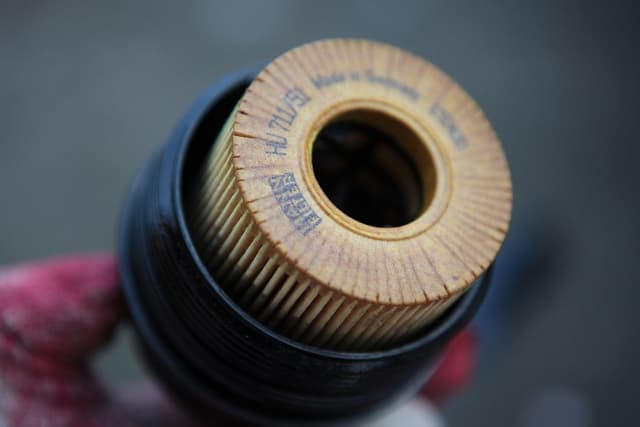Active Regeneration and Passive Regeneration of DPF
Active Regeneration and Passive Regeneration of DPF

Bablu Yadav
Posted in Automobile Engineering
.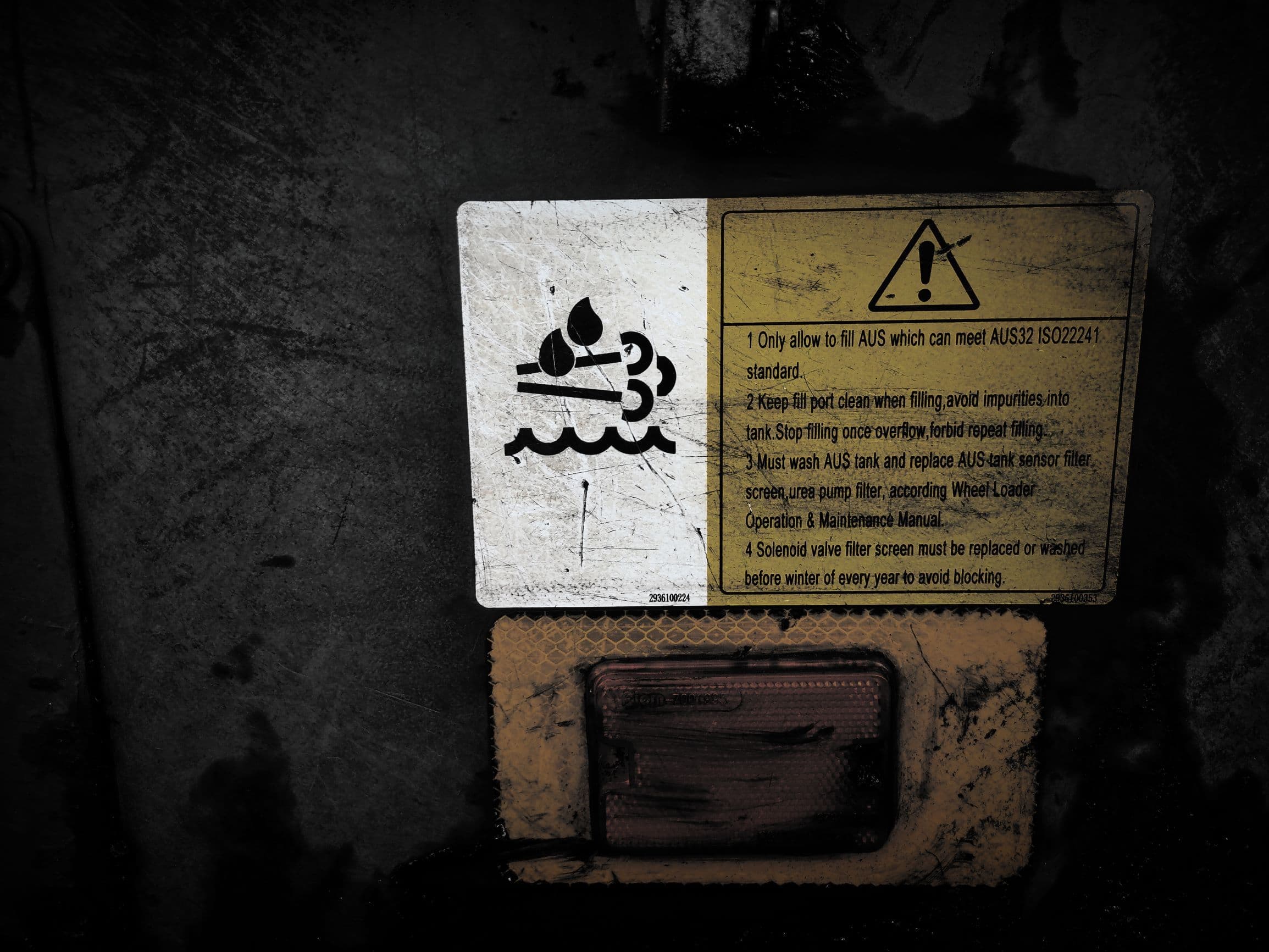
Passive regeneration
The DOC- Diesel Oxidation Catalyst continuously oxidises soot particles that have accumulated in the DPF- Diesel Particulate Filter, resulting in nitrogen dioxide. Nitrogen dioxide in turn oxidises the particles at the relatively low temperature created by engine combustion. This is called passive regeneration.
Passive regeneration is not something the driver notices or that affects engine operation.The aftertreatment system attempts to use passive regeneration as much as possible.
Active regeneration
Active regeneration can start if passive regeneration is not sufficient to increase the exhaust temperature to the level required to remove soot particles from the DPF.
Active regeneration is achieved by running a special engine mode while the exhaust temperature is increased in the exhaust pipe before the DPF.
Active regeneration takes place in two ways:
Automatic Regeneration
Manual Regeneration
Automatic regeneration occurs when the vehicle is running normally and continues until the soot level is correct. It may cease at low exhaust temperatures and low vehicle speed.
Manual regeneration can only take place when the vehicle is stationary.
In Old variant: For some vehicles with special driving conditions, the function is available as an application. The application comprises a switch on the instrument panel with a software. A warning light flashes and a message is shown on the instrument cluster when regeneration is necessary. The driver uses the switch to manually start the regeneration. However, the driver can avoid from starting stationary forced regeneration if it is not convenient at that time.
In New variant: The application comprises a switch mounted on the instrument panel with a software. The switch enables the driver to start ,stop and make slow the regeneration when the conditions are fulfilled.

